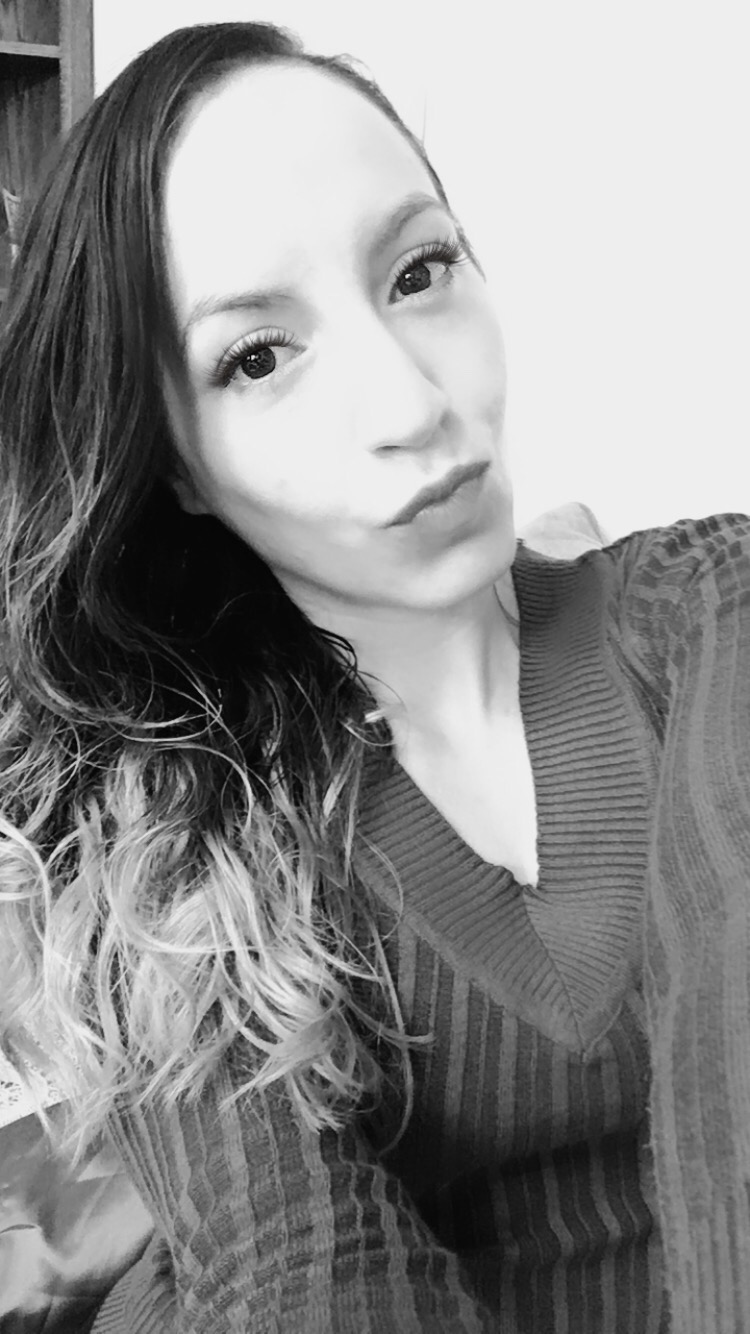
I’ve Never Heard of a Stance Against Intellectuals Before
- Candy Images

- Nov 14, 2020
- 2 min read
Updated: Nov 18, 2020
Contemporary Studies in Philosophy and the Human Sciences Excerpt: The objection that comes to mind in the presence of such a philosophy is that somehow it lacks a binding force. There is something called living, and something else called existing: I have chosen to exist. That is a choice, and it cannot be otherwise. But we must ask ourselves whether reflection cannot monitor that option more closely. Specifying and discovering criteria that can stand up against the assault of doubt, and taking an inventory of the objects of thought, these favorite philosophical activities are far from constituting the definition of intelligence itself. They represent a certain use of the intelligence, nothing more, as Marcel well knows, and his philosophy never takes an “anti-intellectual” tone. Nothing could be more in keeping with reason than this rejection of a certain type of reason. But cannot the intelligence, once “retooled,” be good for anything but clearing away obstacles that obstruct the decisive intuition? “One can only proceed in this domain by calling out to others, like Karl Jaspers in his Philosophy of Existence; if, as I have had occasion to observe, certain individuals respond… then there must really be a path. But this path can only be discovered through love, being visible only to love.” The author feels more distinctly than anyone else how small a place there is here for philosophy proper. Once we have reached that point, if “I saw: is an argument beyond further questioning, does that philosophy not authorize to an equal extent any pseudo-intuition whatever? How will we distinguish between an authentic intuition and an illusion? That is a question the author brushes aside, because we are asking for a criterion for something that, not being of the order of the “it,” cannot have a criterion. Yet we know how to tell the difference between true lyricism and delirious raving, for example. And when it does occur that the words of a child or a madman strike the note of pure poetry, our surprise and the kind of shock we feel are ample evidence that those two realms are totally distinct. We are therefore invited to clarify that immediate distinction between what is above and what is beneath reason. If all intuition were sufficient in itself, if there were no path, no dialectic leading from inadequate knowledge to more adequate knowledge, how would each being, locked up in his or her own imperfect intuitions, feel the need to go further, to move toward more reality? Do not the existences we come to know have a certain structure, and do they not present partial aspects that are felt to be just that--facets, each of which is an invitation to go farther? Marcel doubtless believes this to be the case, since, somewhere in his work, he maintains the possibility of a dialectic and speaks of a “hyper phenomenological” method. We are, in fact, not dealing here with a completed philosophy. I have occasionally found myself presenting what in the book was a “proposition” as a thesis. Nothing could be more foolhardy or unfair than to meet suggestions with “refutations.”





























Comments